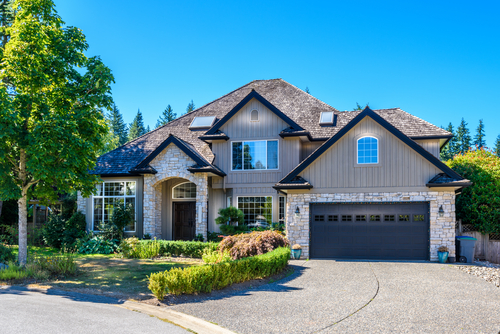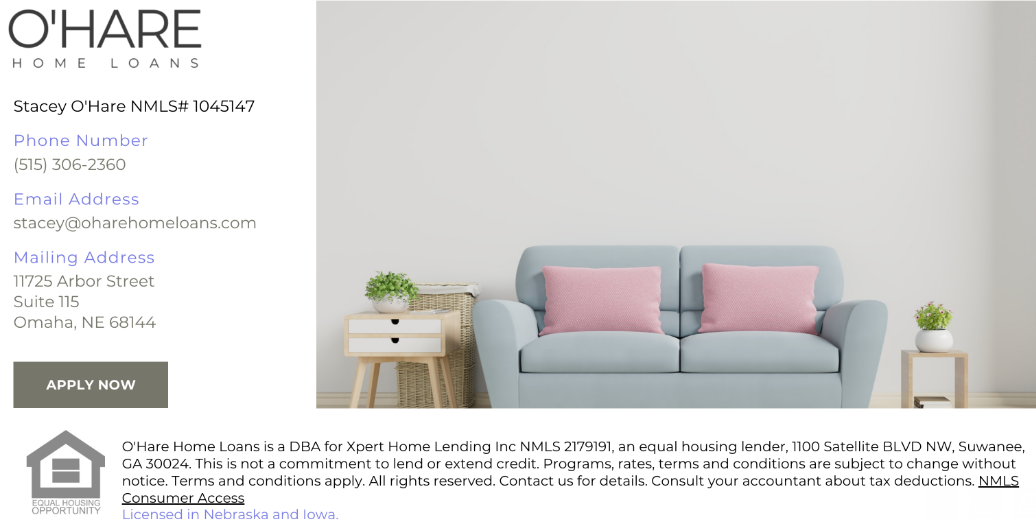Townhouse vs. Single-Family Home: Which is the better Investment?

When it comes to choosing a home, the decision between a townhouse and a single-family home is a significant one, with various factors to consider. In Omaha, as in many other cities, this choice often boils down to personal preferences, lifestyle needs, and, importantly, the level of maintenance each property type requires.
Townhouses in Omaha offer a community-oriented lifestyle with the benefit of shared responsibilities when it comes to maintenance. Typically part of a homeowners' association (HOA), townhouse owners often enjoy the perks of not having to personally manage the exterior upkeep of their properties. This includes landscaping, communal area maintenance, and sometimes even structural repairs, which are managed by the HOA. The convenience of having these tasks taken care of can be particularly appealing for those who lead busy lives or prefer not to engage in the physical labor of home maintenance. However, this comes at the cost of monthly or annual HOA fees, which can vary and should be factored into the overall budget.
Single-family homes in Omaha, on the other hand, provide a different kind of value. They typically offer more space and privacy, which is a considerable advantage for many. However, with greater space comes greater responsibility. Homeowners are solely responsible for all aspects of maintenance, both inside and out. This includes lawn care, gutter cleaning, and general repairs. For those who take pride in their home and enjoy the process of making it their own, this responsibility is a welcome aspect of homeownership. Yet, for others, it may be seen as a burdensome task that consumes time and financial resources.
The maintenance aspect is just one part of the larger picture when considering housing options in Omaha. Prospective homeowners must also contemplate the initial and long-term costs, the potential for property value appreciation, and the suitability of the living space for their needs. Townhouses often have a lower entry price point, making them an attractive option for first-time buyers or those with a tighter budget. Conversely, single-family homes, while typically more expensive upfront, may offer a better long-term investment with the potential for higher equity gains over time.
In Omaha's diverse housing market, the choice between a townhouse and a single-family home also intersects with considerations of location and community amenities. Townhouses are often situated in strategic locations, offering convenient access to city centers or popular suburban areas. They may also come with added community features such as swimming pools, gyms, and playgrounds, enhancing the living experience.
Ultimately, the decision between a townhouse and a single-family home in Omaha is a personal one, influenced by individual circumstances and priorities. Those considering their options should weigh the pros and cons of each, taking into account the level of maintenance they are prepared to undertake, the type of community they wish to live in, and the financial implications of their choice. With careful consideration, buyers can find a home that not only meets their needs but also aligns with their vision of homeownership in Omaha.
Ready for more homeowner tips? Remember to follow us on our Facebook page!
If you've decided to sell or buy this year...congratulations! What an exciting time for you. We're here to assist you every step of the way. Call our family team of experts today and we'll get down to business crafting your plan for real estate buying and selling success!
 When considering a move, Omaha homeowners associations deserve careful attention alongside the home itself, as they can profoundly impact your experience in a neighborhood. Living under the oversight of such an organization has potential advantages, but also notable drawbacks.
When considering a move, Omaha homeowners associations deserve careful attention alongside the home itself, as they can profoundly impact your experience in a neighborhood. Living under the oversight of such an organization has potential advantages, but also notable drawbacks.








